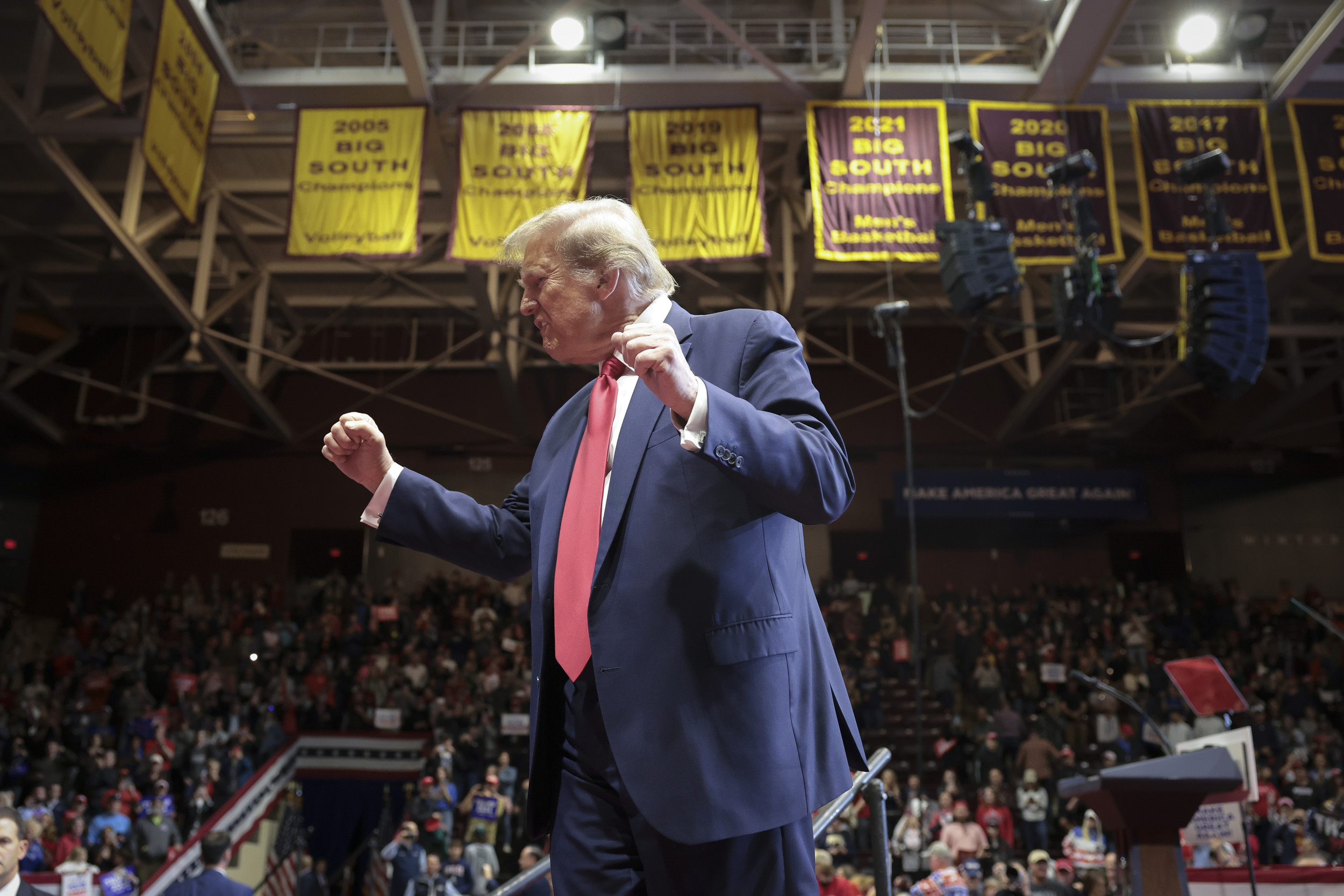My Take:
One can analyze the issues as questions. Although this immunity claim is presented in the framework of one case, it is applicable to multiple cases and I think that is why the Supreme Court took it (mostly to delay the trials). The real issue is much broader, but they placed markers about what disagreements exist among the Justices. The questions:
"Whether?" I think all of the Justices will acknowledge and reaffirm the
existence of Presidential Immunity, although its existence is absent from the Constitution itself. This is a SCOTUS-created immunity, and they are not going to give it up, and for good reason, since it is ostensibly based upon the separation of powers. But... that question becomes less salient in this case, because the
Executive branch (through DoJ) is taking action against
the Executive. But, they have to engage the Judicial branch to do so.
"
to what extent"? This is the key question that is going to occupy most of the opinions (I predict at least three). These will be determined by the ancillary questions.
"
former president"? Right now, Trump is a former President. Distinctions can be made about his acts while in office, and those that occurred before (NY Stormy Daniels), during (Jan 6, Georgia) and after (Florida documents case). Even though this only involves one scenario, I think the Court will distinguish all of them, so they don't have to address them seriatim.
"
conduct alleged"? This, again, is to distinguish, for example, between "retaining" documents, and "taking" documents (Florida); whether the pre-election actions in the Stormy Daniels case (keeping her under wraps) merged with post-election actions (making the payments)(NY); Pre-Jan 6 and post-Jan 20; campaign and official activities, and whether those were "
during his tenure"?.
Finally, and most crucially, what were "
official acts"? The gravamen of all of these cases is the scope of presidential power. This will, again, be the bulk of discussion in the opinions. Even the most "conservative" of the Justices will have to address this question, as what is swept within "official" is critical. I think this also indicates why the non-"conservative" Justices went along with taking it. This is also where most observers see a problem for Trump. Let's look at the cases in that light:
First, paying hush money is not an "official act", especially as it was from Trump's private funds, and the activity being covered up occurred
prior to his presidency. See
Clinton v. Jones.
Second, the Court will have to distinguish the
Nixon cases - between civil immunity (
Nixon v Fitzgerald - "The President's absolute immunity extends to all acts within the "outer perimeter" of his duties of office.") and criminal immunity (
US v. Nixon - "Neither the doctrine of separation of powers nor the generalized need for confidentiality of high-level communications, without more, can sustain an absolute unqualified presidential privilege of immunity from judicial process under all circumstances.").
Third, the Court will have to address whether campaign activities are distinguishable from "official acts", and whether there is a colorable claim that engaging/interfering with State election processes is within
presidential responsibilities.

